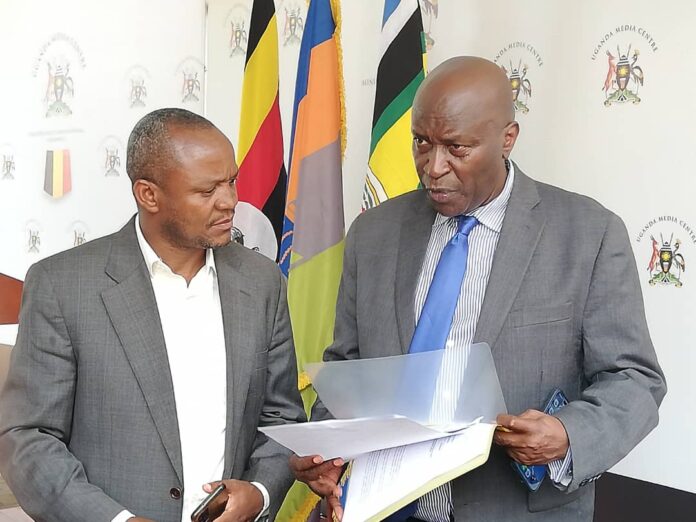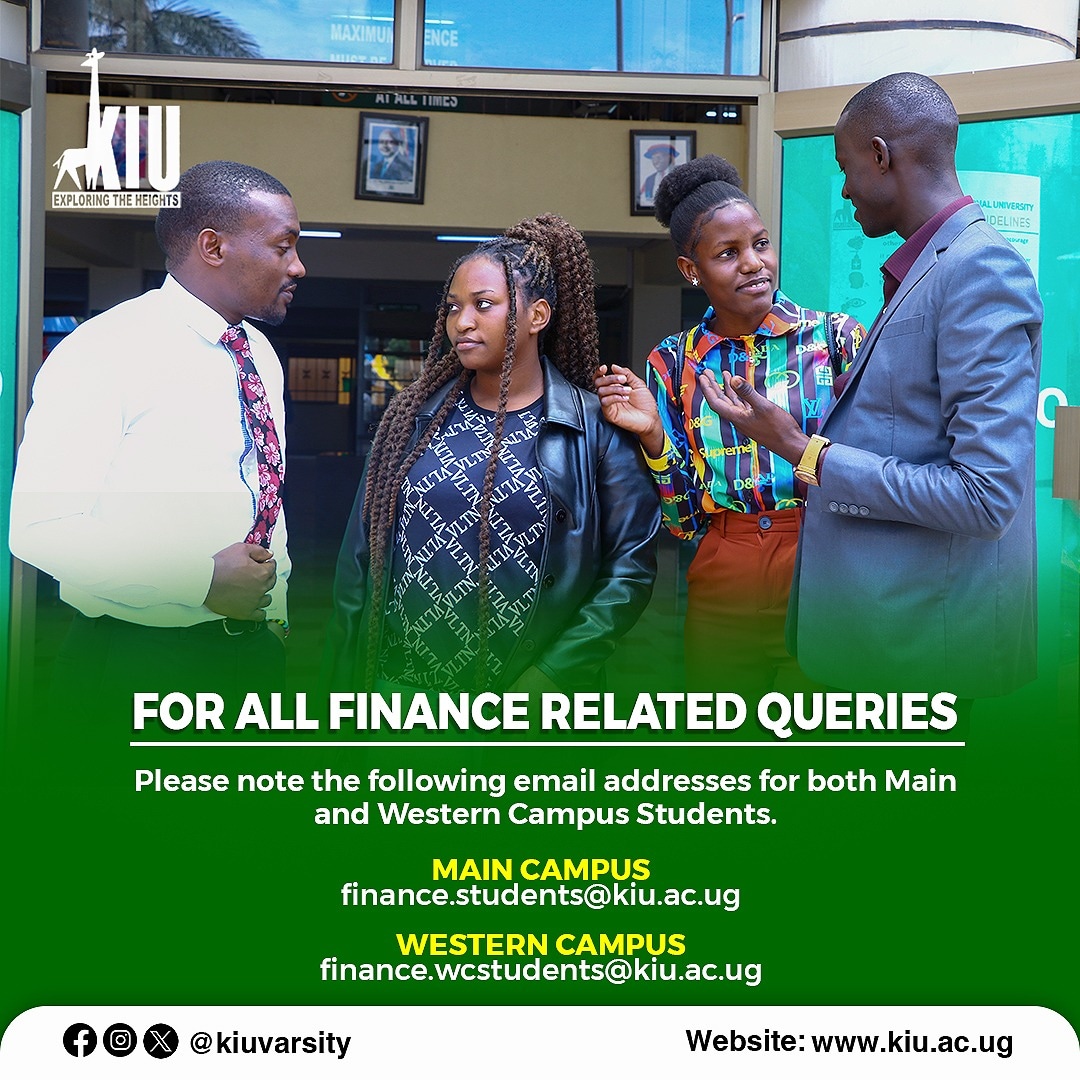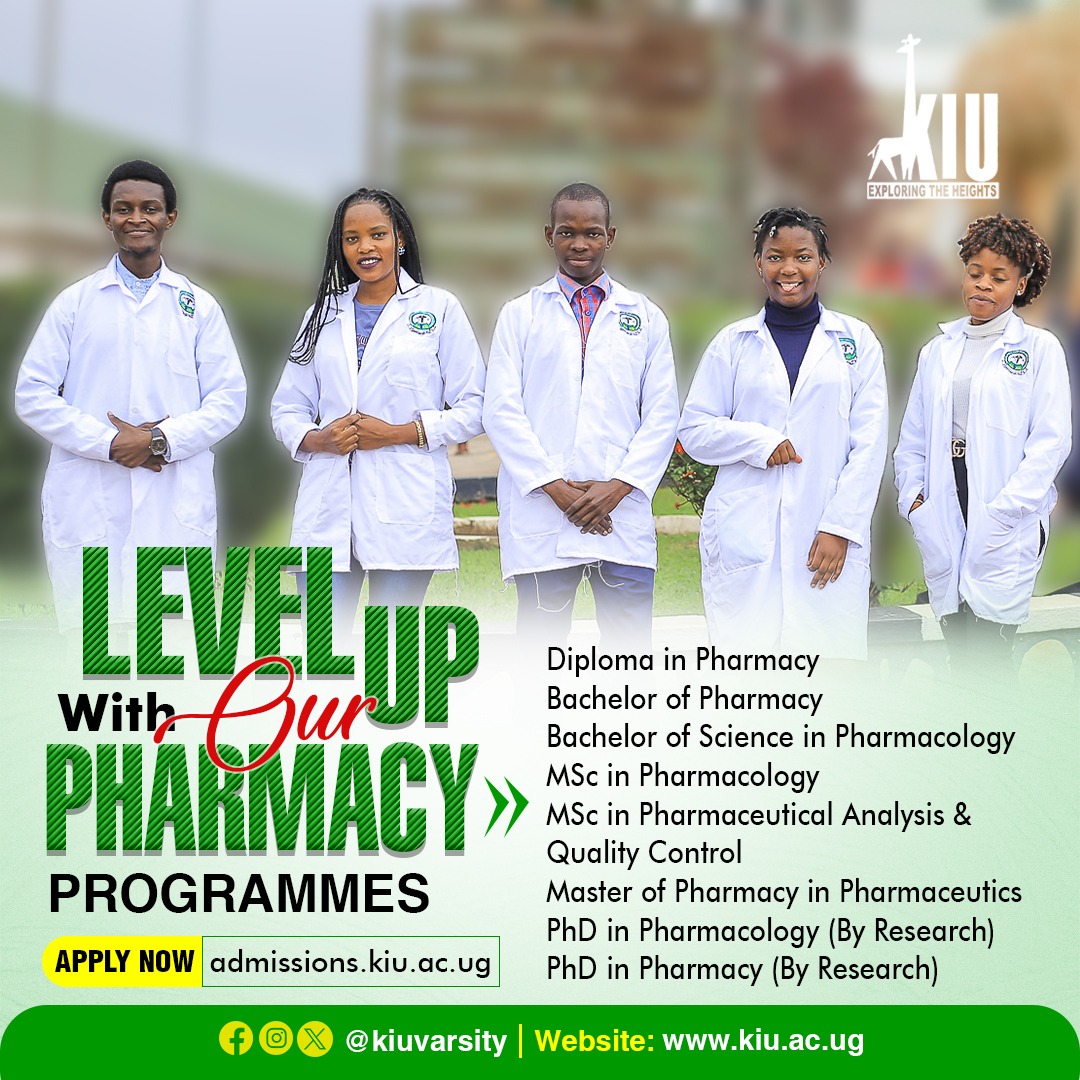The Vice Chancellor of Kyambogo University Prof Eli Katunguka has asked government for shs 3billion to facilitate training of students with disabilities.
According to him, Kyambogo University currently hosts over 241 students per academic year however the University is constrained with inadequate funding.
“We request government to increase funding for Kyambogo University to make higher education inclusive. Despite available universities in the country only Kyambogo University absorbs students with learning disabilities yet its very expensive to handle students with learning disabilities, “Prof Katunguka said.
The Faculty of Special Needs and Rehabilitation at Kyambogo University drives impactful community engagement, pioneering research, and innovative solutions through projects like the Inclusive e-Learning Initiative, Hi-Tech Visual Technologies Resource Centre, and AWSIP Programme, enhancing the lives of persons with disabilities across Uganda.
Dr. Okwaput Stalus the Dean of Faculty of Special Needs and Rehabilitation, stated that according to the Uganda Bureau of Statistics (2016), about 4.5 million people in Uganda live with some form of disability and as a university, they are filling the gap that has been existing in the support needs for people with disabilities.
Dr. Niyisabwa Odette Tumwesigye, the Head of the Department of Visual Impairment Studies in the Faculty of Special Needs and Rehabilitation, says many people with disabilities are using relatives to guide them yet the majority of these do not have specialized skills in the various disability spheres.
State Minister of Education and Sports, John Chrysostom Muyingo said government is willing to increase support for public universities to make education inclusive for person with disabilities (PWDs).
Muyingo said issue of inclusive education for PWDs stretches as far as childhood education to institutions of higher learning and that this calls for more government funding and the formulation of new policies that will help in inclusive education for the PWDs.
“Government has always supported inclusive education from the time it adopted the white paper on education, which officially committed it to take full responsibility for the education of PWDs in special schools and units. However, we want to go further by including all persons in equal education and opportunities. We shall fund and formulate policies that will help us achieve that,” Muyingo stressed.
“Government will soon introduce a higher education loan financing scheme with PWDs as the priority targeted group to enable them to access higher education however to benefit from this scheme, one needs to have done a science-related course, but this does not apply for PWDs. I urge them to apply for the scheme unordered to have higher education,” Muyingo added.
Chief Executive Officer of NUDIPU Ms Esther Kyozira said despite some affirmative action measures implemented by government significant barriers such as physical inaccessibility, attitudinal challenges, and financial constraints still persist.
“Inclusive practices are inconsistently implemented and many institutions lack essential assistive technologies and supportive services”.
She observed that critical challenges including limited parental and stakeholder involvement, restrictive admissions policies, inadequate training for lecturers in special needs education, and the inaccessibility of facilities like libraries and laboratories must be addressed.
Kyozire suggested that Public Universities in the East Africa region to put much emphasis on strengthening stakeholder engagement, provide specialized training for lecturers, improve infrastructural accessibility, and increase sensitization and advocacy efforts to make higher education inclusive for PWDS.
She made the remarks during the First East African conference on Disability Inclusive Higher Education that was organized by Faculty of Special Needs and Rehabilitation at Kyambogo University.



